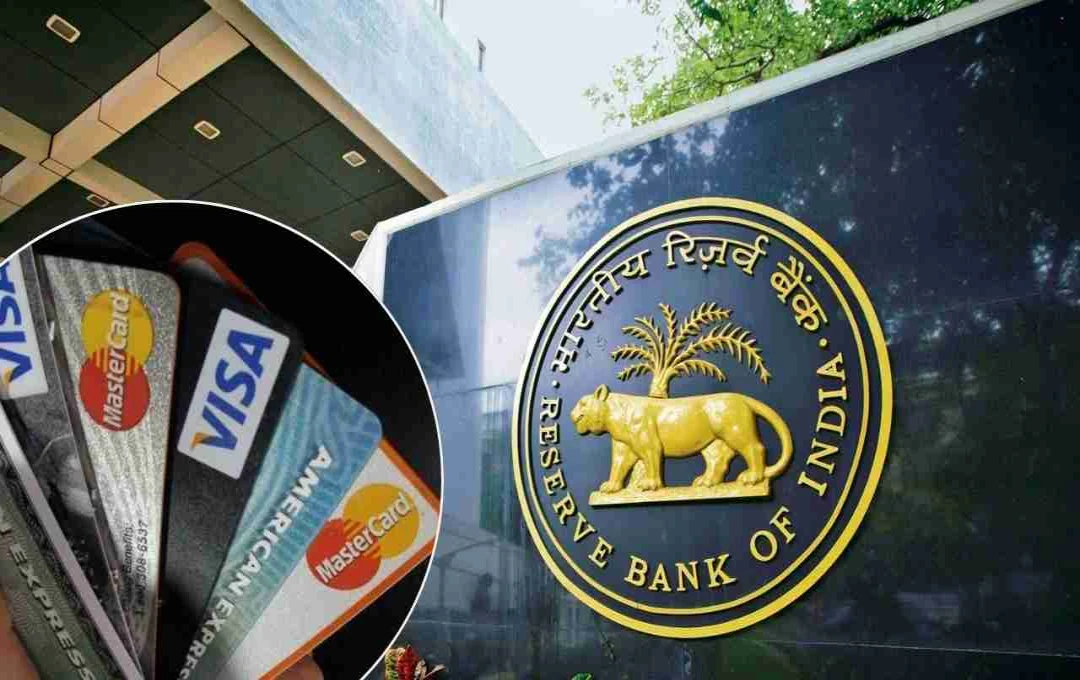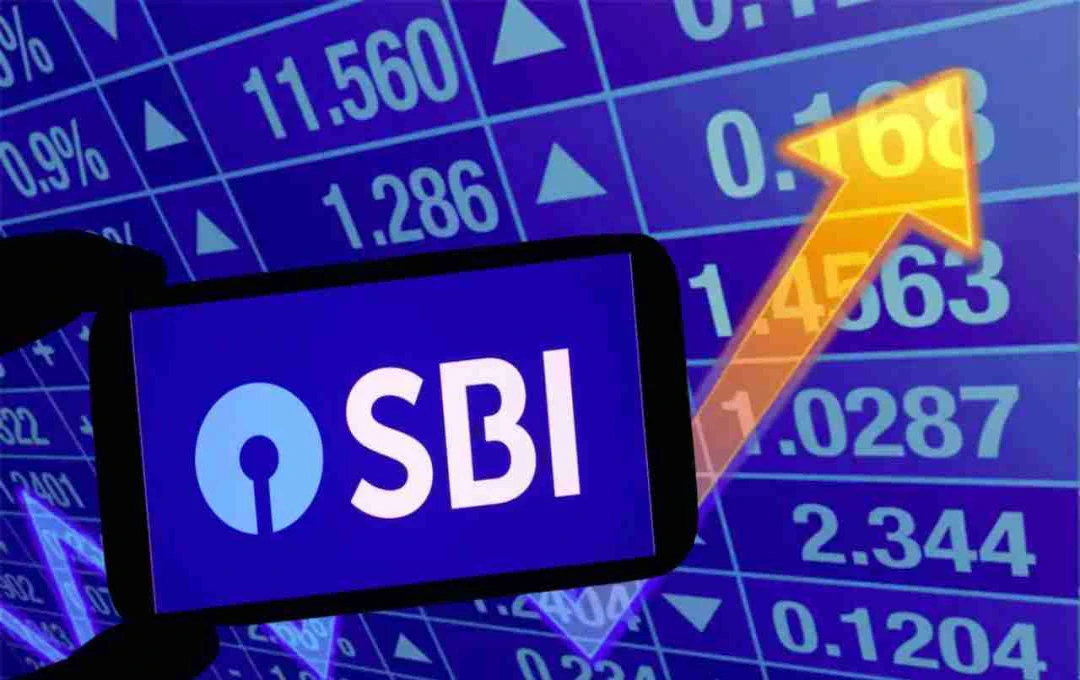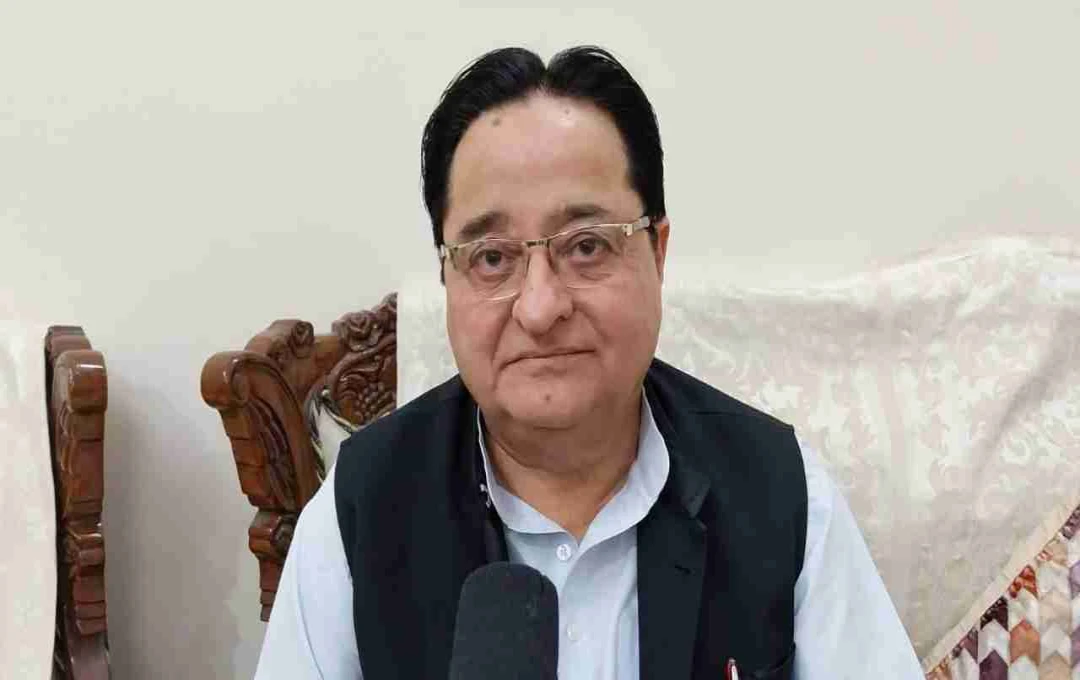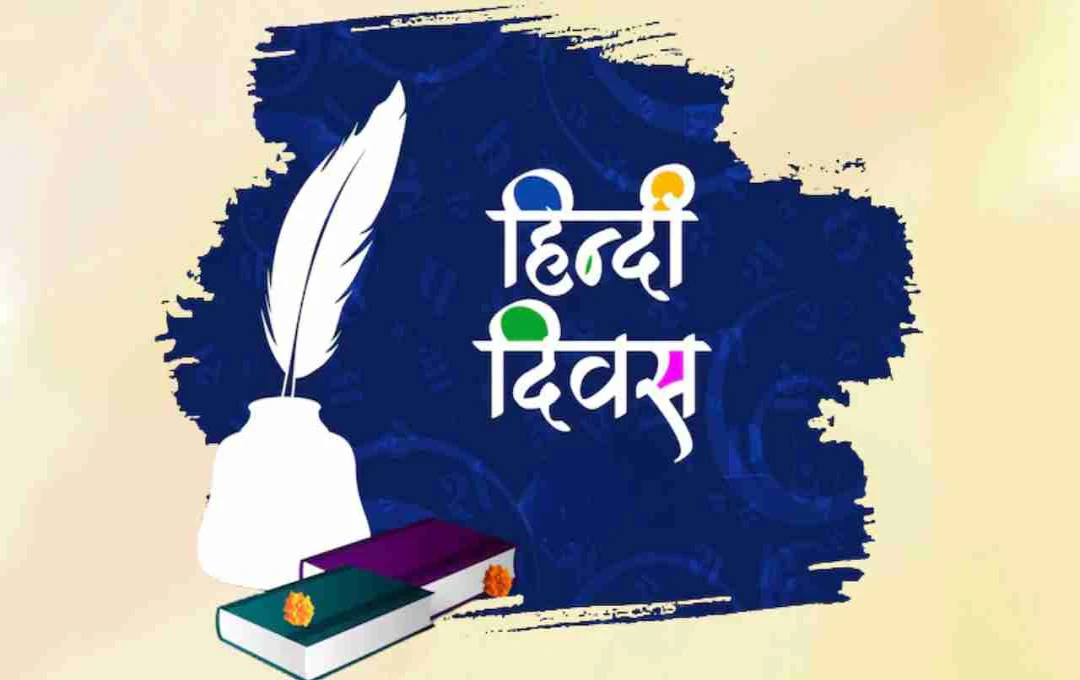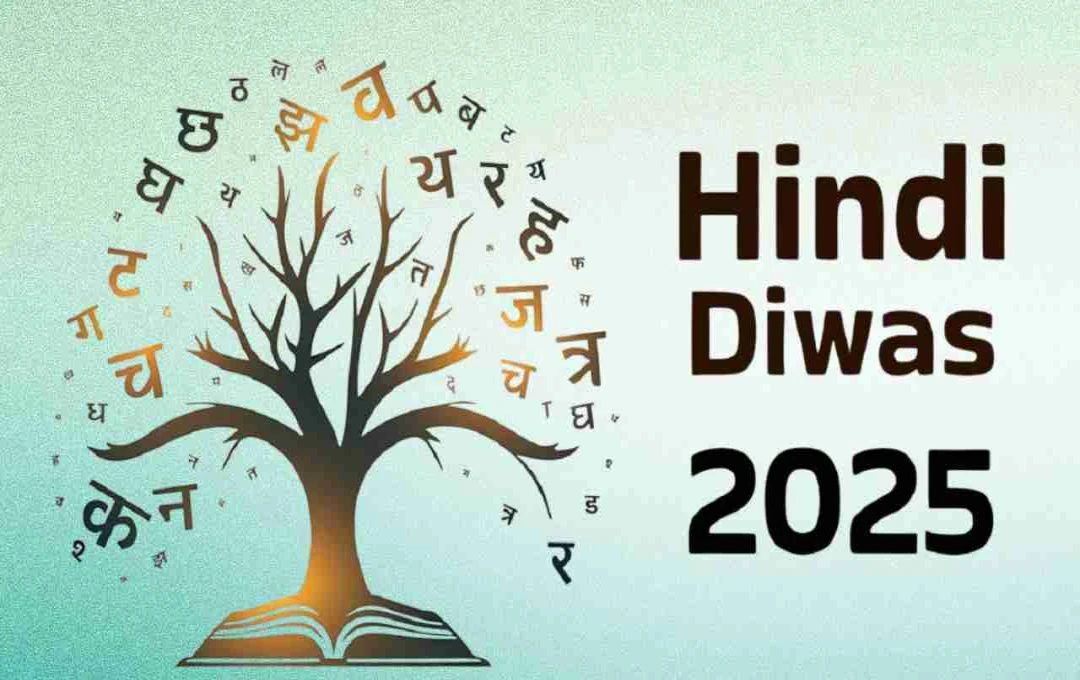Due to the adverse economic impact of the COVID-19 pandemic, the central government temporarily suspended the increase in Dearness Allowance (DA) and Dearness Relief (DR).
New Delhi: Millions of central government employees and pensioners are once again awaiting a decision regarding the arrears of Dearness Allowance (DA) and Dearness Relief (DR) withheld for 18 months during the COVID-19 pandemic. This issue was raised seriously at the 63rd meeting of the Standing Committee of the National Council (Joint Consultative Mechanism), but the government has not yet announced any relief.
What is the complete issue of DA-DR arrears?
During the COVID-19 pandemic, in the fiscal year 2020-21, citing financial constraints, the central government halted the DA/DR increase for central government employees and pensioners for 18 months, from July 2020 to January 2021. While the increase was deferred, the arrears have not yet been paid. Employees have long demanded the payment of these arrears, considering it a matter related to their constitutional and financial rights.
What transpired at the meeting?
At the 63rd meeting of the Standing Committee of the National Council, representatives of central government employee organizations raised this issue prominently. Senior leaders like Shiv Gopal Mishra and M. Raghavaiah led the employee delegation. They directly questioned the government about the continued delay in paying the DA arrears.
Employee representatives argued that: DA arrears are not only a part of employees' income but are also linked to their pension and provident fund (PF) benefits.
The financial crisis has passed, and government revenue has improved.
If immediate payment of DA is not feasible, a phased solution can be implemented.
Government's Response: Sticking to its old stance
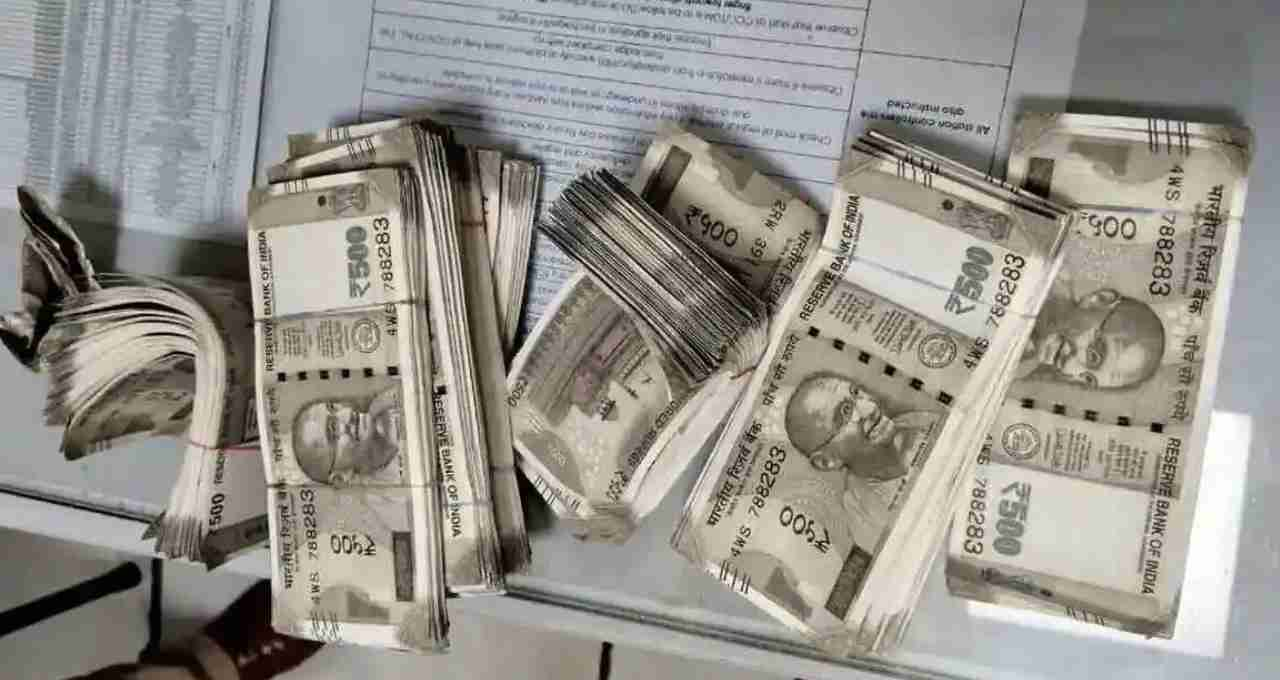
At this meeting, Ministry of Finance officials reiterated their previous stance. They stated that the country's economic situation was extremely challenging during COVID-19, requiring the central government to incur significant expenditure on social welfare schemes. The effects are still being felt, making the payment of DA/DR arrears currently unfeasible.
This statement dashed the hopes of employees once again. However, the government did assure that it is taking the matter seriously and may reconsider it in the future if the financial situation improves.
Is there a legal right to arrears?
Organizations argue that the Dearness Allowance is determined according to the recommendations of the 7th Pay Commission declared by the central government and that the decision to withhold it was temporary. Therefore, paying the full arrears to the employees is the government's responsibility.
However, the government contends that it deferred, not revoked, the DA increase. That is, the DA started increasing again from April 2021, but the past arrears were not paid – it was deferred, not cancelled.
Discussion on the 8th Pay Commission
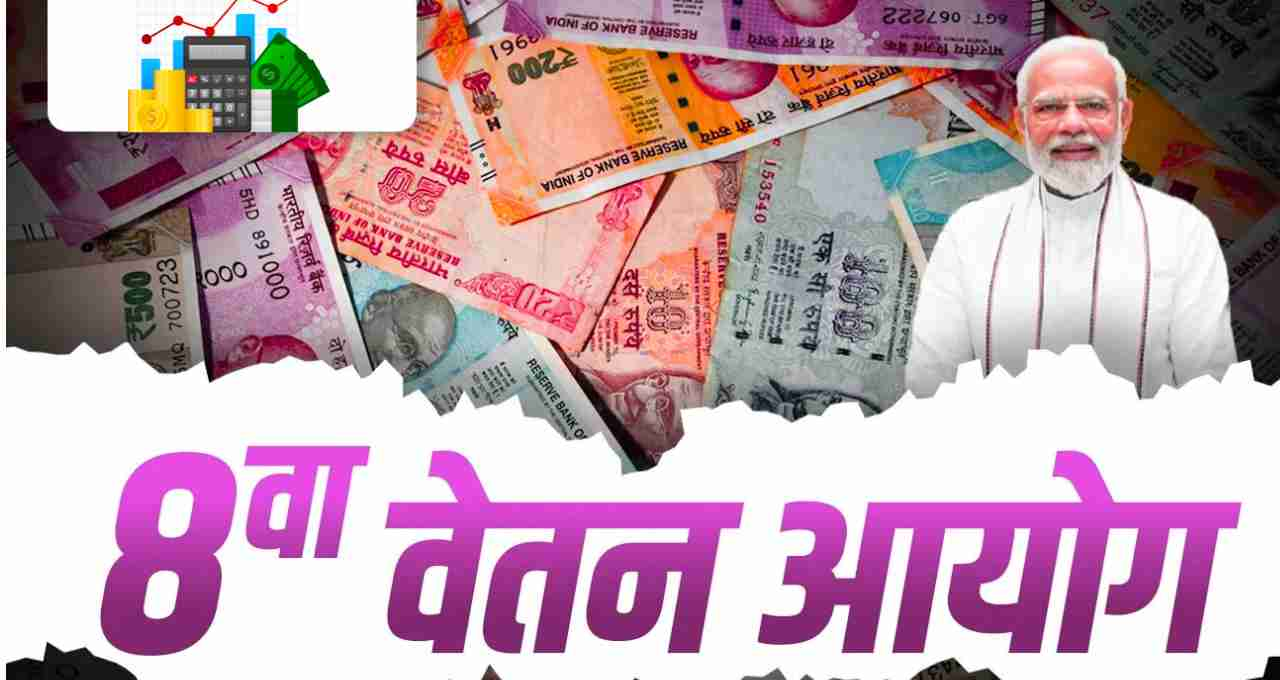
Another crucial issue raised at the meeting was the formation of the 8th Central Pay Commission. Employee organizations demanded that the government appoint the commission soon so that new recommendations can be implemented from January 1, 2026.
The government informed that a notification has been issued for the appointment of some members of the commission, and the remaining process is underway. Employees demand that if the recommendations are not implemented on time, they should receive payment along with arrears.
New insurance proposal also discussed
Another significant proposal presented at the meeting was a new insurance scheme (CGEGIS) for central government employees. The Department of Expenditure informed that they have prepared a new proposal, which will soon be shared with employee organizations. Its aim is to provide employees with protection in case of death, accidents, or during their service period.
Resentment and Dissatisfaction among Employees
The central government's delaying tactics regarding DA arrears are increasing frustration among employees and pensioners. Unions say that if the government does not decide on this before the elections or in the first quarter of the fiscal year, they will keep the option of protests open. From social media to protest meetings, this issue is once again in the spotlight.


